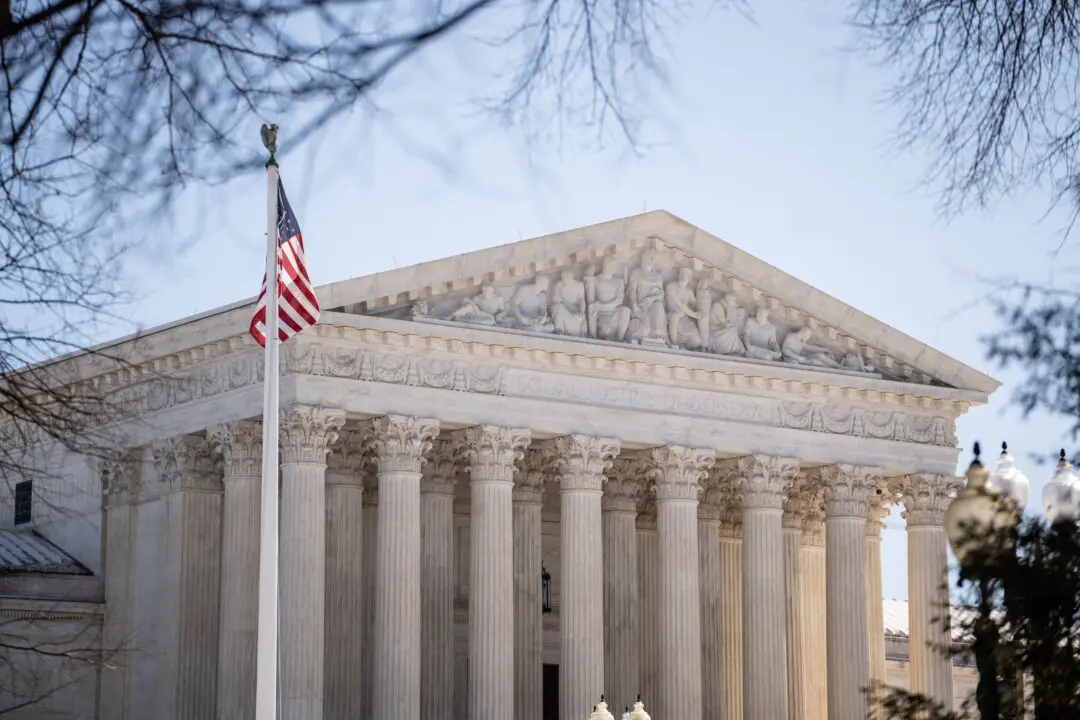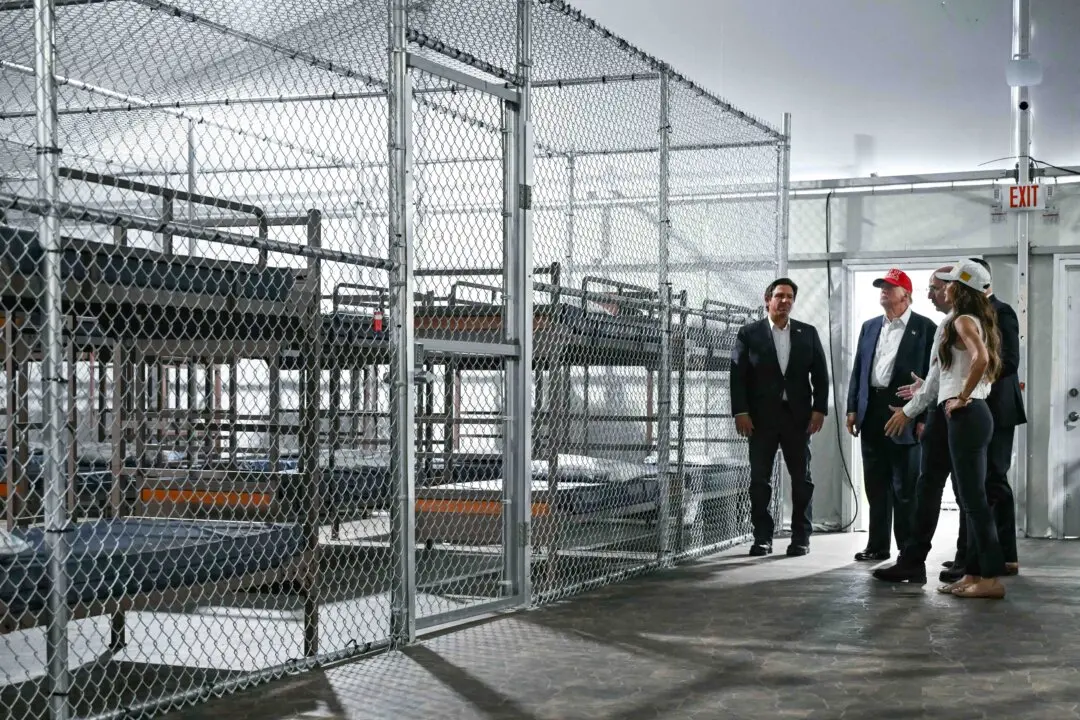The Supreme Court refused Feb. 13 to halt extradition proceedings against two Americans wanted by Japan for allegedly engineering the escape of former Nissan Motor Co. CEO Carlos Ghosn from that country.
Ghosn, who denies any wrongdoing, was on bail awaiting trial for income tax fraud and misappropriation of Nissan funds when he fled Japan in late December 2019 in a hidden box on a private jet, claiming he wouldn’t enjoy a fair trial and that he experienced harsh treatment in detention. Ghosn is now believed to be in Lebanon where he’s a citizen. Lebanon has no extradition treaty with Japan.





